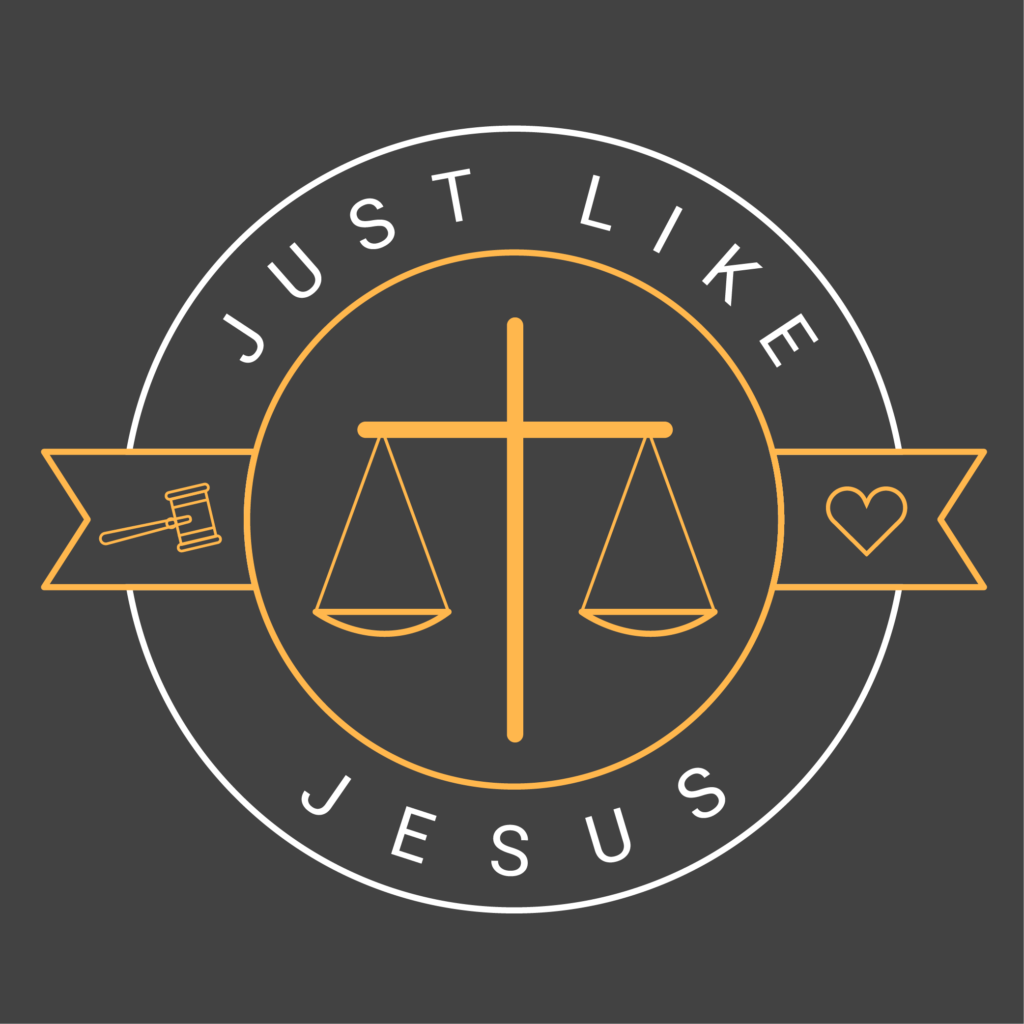
With all the noise in the world, do you hear the voice of God? Your calendar tells you what to do, but do you remember who you are? Being comes before doing. This is a call to put first things first. Return to the Lord with this daily pattern of prayer and devotion. Set aside this time as a sanctuary. Find a space free of distraction and follow this pattern.
Invocation
In the name of the Father, and of the Son, and of the Holy Spirit. Amen.
Word
But a Samaritan, as he journeyed, came to where he was, and when he saw him, he had compassion. He went to him and bound up his wounds, pouring on oil and wine. Then he set him on his own animal and brought him to an inn and took care of him. And the next day he took out two denarii[c] and gave them to the innkeeper, saying, ‘Take care of him, and whatever more you spend, I will repay you when I come back.’ Which of these three, do you think, proved to be a neighbor to the man who fell among the robbers?” He said, “The one who showed him mercy.” And Jesus said to him, “You go, and do likewise.” (Luke 10: 33-37)
Reflection
In the article titled “A Familiar Story: Lutherans And The Birmingham Church Bombing,” current LCMS pastor Matthew E. Borrasso details the connection between the 1963 bombing and a Lutheran pastor. Pastor Borrasso explains how Rev. Joseph Ellwanger of St. Paul’s Lutheran participated in the memorial service of one of the victims and helped to compose the following statement the day after the bombing. A portion of the original 1963 statement reads:
“This act of violence is the responsibility of a man or a group of men. The guilt of such violence is ours also because we did not heed the Savior’s directive that “we love one another.” To the extent that we have supported forced segregation by our words or silence, we have given encouragement to such lawlessness. We must repent.
We as Lutheran Christians are compelled by the Word of God to believe that the church is not a segregated community. We are one in Christ. The members of our congregations as part of the body of Christ therefore have no right to segregate any member of that body.”
Reflecting on the above statement from 1963, Pastor Borrasso writes:
For me, the most moving part of the pastors’ statement is the confession embedded within the second paragraph. While they recognize that “this act of violence is the responsibility of a man or a group of men,” they also confess that, “the guilt of such violence is ours also because we did not heed the Savior’s directive that ‘we love one another.’” Moreover, they recognize the need for repentance. “To the extent that we have supported forced segregation by our words or silence, we have given encouragement to such lawlessness. We must repent.” These pastors didn’t bomb the church. These pastors were not personally racist. These pastors did realize, however, that sometimes people can reinforce problematic attitudes and perspectives unintentionally—sometimes silence is precisely what Dr. King called it, betrayal.
https://lutheransforracialjustice.com/a-familiar-story-1
How might silence be a kind of betrayal? As Lutheran-Christians, how does our faith implore us to speak and stand up for those who are marginalized at best and victims of heinous crimes at worst? If we are one in Christ, what should our response be to past and current crimes against people of color?
Prayer
Father, forgive me for those things I have left undone. For silence when I should have spoken. For inaction when I should have intervened. For passing by on the other side. Forgive me for Jesus’s sake. Amen.
